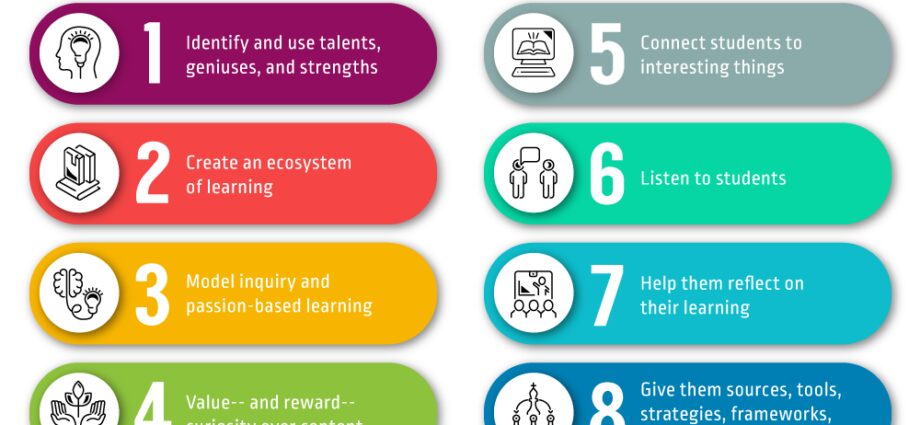Mataupu
1-Do not confuse need and handling
The infant uses a form of togafitia necessary. His crying, his cries, his twittering are his only means of communicating to obtain the satisfaction of his primary needs (hunger, hug, sleep…). “If these requests are experienced as tu'inanau, it is because the parent does not have the psychic availability necessary to hear them (after a night without sleep, for example) ”, explains Gilles-Marie Valet, child psychiatrist.
Later, around 1 year and a half to 2 years old, when the child begins to master language and communication in the broad sense, his requests and reactions may become intentional and therefore resemble blackmail. “Children realize that they can, for example, benefit from a nice smile or anger in public,” laughs the therapist.
2-State the rules in advance and stick to them
And if the parent gives in to his manaʻoga, the child remembers that his technique works. “To avoid these scenes, it is therefore better to state as many rules as possible before”, recalls the specialist. The way to eat, to be in the car, the races, the times of the bath or the bedtime… “The fact remains that sometimes parents are exhausted and they prefer to give in. It does not matter. They may be firmer the next day. Children are able to integrate changes, they are developing beings! Nothing is ever frozen, ”insists Gilles-Marie Valet.
3-Avoid blackmailing yourself
” The mind fai togafiti is not innate. It develops in children by identification with the adults around them, ”says the psychiatrist. In other words, if the children try the taufaaleaga faalelagona, it’s because parents use it. “Unconsciously and also because our education has accustomed us to it, we use the“ if / if ”. “If you help me tidy up, you’ll watch a cartoon.” Whereas the “either / or” would be much more effective. “Either you help me tidy up and prove to me that you’re a grown-up who can watch TV.” Either you don’t help me and you won’t be able to watch, ”explains the doctor.
“It may seem like a detail, a nuance of presentation, but it contains the whole notion of responsibility and choice, so important for the child to gain self-confidence and become reasonable on his own,” he continues. Above all, it allows us to get out of the game of obligations in which the uliuli. Like the impossible punishment (“you will be deprived of the park for a week!”) That we brandished as a threat …
4-Be in sync with the father / mother of the child
For Gilles-Marie Valet, it’s clear, if the parents disagree, the child rushes. “Two solutions: either the rule to be respected has been adopted by both parents before because they have already spoken about it. Either one of the two disappears at the time and postpones the debate until later in the absence of the child. It should not be experienced as a way of crashing, but a pride in offering the child a clear reaction and unanimous ”, develops the therapist.
5-Think about the well-being of the child first
And what about la sala ? How to refuse the toy, the piece of cake, the ride without feeling guilty? “Parents should always ask themselves what is good for the child. Does his request harm his health, his balance? If so, do not hesitate to say no, ”answers the specialist. On the other hand, it happens that children ask for unexpected things that do not really have an impact on their daily life. Example: “I want to take this little bear with me on the way to school!” “
In this kind of case, whim is not. “The request has a hidden meaning (here a need for reassurance) which sometimes escapes us at the time. In this kind of case, if there is no reason to refuse, why do it? », Remarks the psychiatrist.
(1) Book published by Editions Larousse in 2016.










